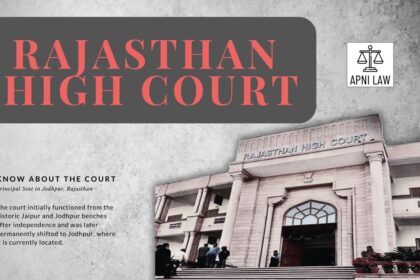Code:
(1) Any police officer making an investigation under this Chapter may, by order
in writing, require the attendance before himself of any person being within the limits of his
own or any adjoining station who, from the information given or otherwise, appears to be
acquainted with the facts and circumstances of the case; and such person shall attend as so
required:
Provided that no male person under the age of fifteen years or above the age of
sixty years or a woman or a mentally or physically disabled person or a person with acute illness
shall be required to attend at any place other than the place in which such person resides:
Provided further that if such person is willing to attend at the police station, such
person may be permitted so to do.
(2) The State Government may, by rules made in this behalf, provide for the payment
by the police officer of the reasonable expenses of every person, attending under
sub-section (1) at any place other than his residence.
Explanation:
This section empowers a police officer conducting an investigation to summon a person residing within the limits of their own or an adjoining police station. The summoning can be done if the officer believes that the person has knowledge about the case. The summoned person is legally obligated to appear before the officer.
However, the section provides several exceptions:
- Age Restriction: No male person under 15 years or over 60 years, woman, mentally or physically disabled person, or person with acute illness can be summoned to attend at any place other than their residence.
- Willingness to Attend: If the person is willing to attend the police station or another location within the police station’s jurisdiction, they can be permitted to do so.
The State Government is authorized to make rules regarding the payment of reasonable expenses for those summoned to attend at a place other than their residence.
Illustration:
Imagine a theft case is being investigated. The police officer suspects a neighbor, Mr. X, might have seen something relevant. The officer can summon Mr. X to the police station to inquire about the incident. However, if Mr. X is above 60 years old, he cannot be compelled to leave his residence for the inquiry.
Common Questions & Answers:
Q: Can a police officer summon me even if I am not directly involved in the case?
A: Yes, if the officer believes you have information relevant to the case, they can summon you.
Q: What happens if I refuse to attend the summons?
A: You may face legal consequences, including arrest for disobeying a lawful order.
Q: Can I be forced to give a statement to the police?
A: You have the right to remain silent and do not have to answer any questions that might incriminate you.
Q: Can I be detained for more than 24 hours without being formally arrested?
A: No, under BNSS, you cannot be detained for more than 24 hours without formal arrest.








